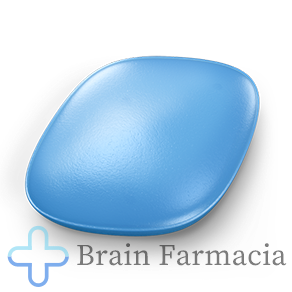What is Pharmaceutical Content?
Pharmaceutical content refers to the specialized information and knowledge pertaining to the pharmaceutical industry. It encompasses a wide range of topics, including drug development, clinical trials, drug safety, regulations, and patient information. This type of content plays a crucial role in educating and informing healthcare professionals, patients, and other stakeholders about various aspects of pharmaceutical products and services.
Importance of Pharmaceutical Content
Pharmaceutical content is essential for promoting safe and effective use of medications. It aids healthcare professionals in making informed decisions about prescribing, dosing, and monitoring medications. Additionally, it empowers patients to understand their medications, potential side effects, and precautions. By providing accurate and comprehensive information, pharmaceutical content contributes to improved patient outcomes and enhanced healthcare quality.
Moreover, pharmaceutical content is vital for regulatory compliance. It helps pharmaceutical companies adhere to regulations and guidelines set forth by health authorities, such as the FDA. This ensures that medications are developed, manufactured, and marketed in a responsible and ethical manner.
Types of Pharmaceutical Content
There are various types of pharmaceutical content that serve different purposes within the industry. These include:
1. Drug Monographs
Drug monographs provide comprehensive information about specific medications. They cover aspects such as indications, dosage recommendations, contraindications, adverse effects, and interactions. These detailed profiles help healthcare professionals make informed decisions when prescribing medications.
2. Clinical Guidelines
Clinical guidelines are evidence-based recommendations for the management of specific medical conditions. They are developed by experts and professional organizations to bridge the gap between research and clinical practice. Pharmaceutical content based on clinical guidelines assists healthcare professionals in delivering optimal patient care.
3. Patient Education Materials
Patient education materials aim to empower patients with knowledge about their medical conditions, treatments, and medications. These materials provide simplified information in understandable language, allowing patients to actively participate in their own healthcare decisions.
Tips for Creating Effective Pharmaceutical Content
When creating pharmaceutical content, it is crucial to keep these tips in mind:
1. Use Clear and Concise Language
Avoid technical jargon and use language that is easily understandable by the target audience. Use simple and concise sentences to deliver complex information effectively.
2. Ensure Accuracy and Credibility
Pharmaceutical content should be based on reliable sources and credible scientific evidence. Ensure that all information is accurately referenced and up-to-date.
3. Tailor Content to the Target Audience
Consider the knowledge level and information needs of the target audience. Adapt the content accordingly, whether it is intended for healthcare professionals, patients, or other stakeholders.
4. Adhere to Regulatory Guidelines
Pharmaceutical content must comply with regulations and guidelines set forth by health authorities. This includes providing fair and balanced information, avoiding false claims, and ensuring proper disclosure of risks.






